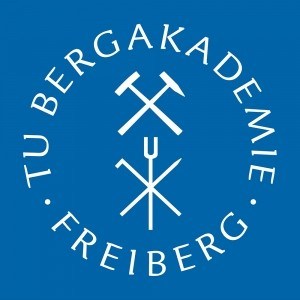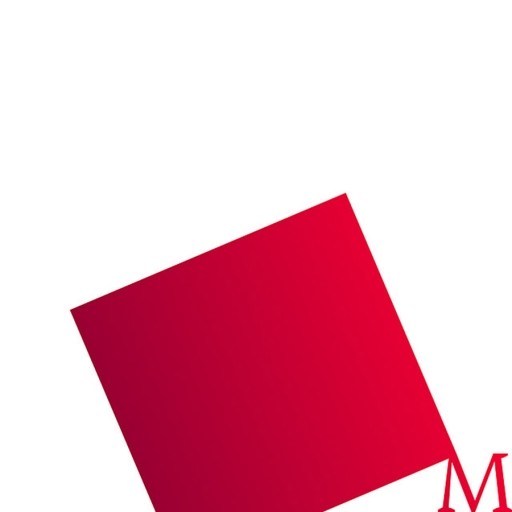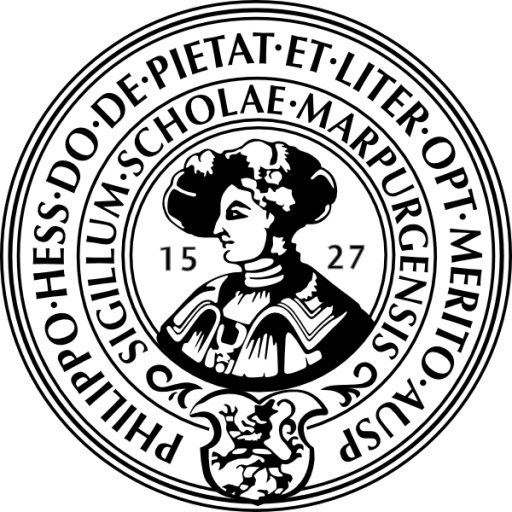Photos of university / #rwthaachenuniversity
The Master's degree programme in Textile Engineering at RWTH Aachen University is a comprehensive and innovative program designed to prepare students for the dynamic and evolving textile industry. This interdisciplinary programme combines engineering principles, material science, and innovative textile technologies to equip graduates with the skills necessary to develop, optimize, and innovate textile products and processes. Students will gain in-depth knowledge in areas such as fiber manufacturing, textile processes, textile design, and the application of modern technologies like nanotechnology, automation, and digitalization in textiles. The programme emphasizes research-driven learning, practical application, and industry collaboration, ensuring graduates are well-prepared for careers in research, development, manufacturing, and management within the global textile sector. Students benefit from state-of-the-art laboratories, expert faculty, and partnerships with leading textile companies, enabling them to work on real-world projects and internships. The curriculum includes core modules on textile chemistry, mechanics, and sustainability, alongside specializations in technical textiles, fashion and apparel, or nonwovens. The programme also encourages innovation and entrepreneurship, fostering the ability to develop new textile materials and products addressing the demands of sustainability, performance, and aesthetic appeal. Graduates of this programme will be qualified to contribute to the development of advanced textile solutions for various industries, including automotive, medical, fashion, and technical textiles. With a focus on sustainable practices and cutting-edge technology, the MSc in Textile Engineering aims to cultivate highly skilled professionals who can lead innovation and drive technological progress in the textile sector worldwide.
Educational organisation
Teaching in the MSc programme takes place in various forms: lectures, exercises and practicals. Lectures are usually taught via presentation of the relevant teaching material. Some professors might also ask questions and encourage interaction with the students. In the corresponding exercises, the teaching material will be actively applied by the students, e.g. via calculation tasks. Practicals are also a more application-oriented form of teaching and can take place in labs, for example.Students also have the chance to develop in-depth knowledge while conducting various research projects in their own field of interest. Research projects will be guided by the experienced staff at ITA (Institut für Textiltechnik).
The Master of Science in Textile Engineering has an interdisciplinary structure and encompasses two modes of study: one practically oriented option "by coursework" and one research-oriented option "by research". Students have to decide on only one mode of study.
Outline coursework focus:
- Compulsory courses
- Control Engineering
- Machine Design Process
- Fluid Dynamics
- High-Performance Fibres
- Composites
- Computational Fluid Dynamics I
- Gear and Transmission Technology
- Foundations of FEM for Engineers
- Electives (see list below)
- Research projects:
- minor research projects
- Master's thesis
Outline research focus:
- Compulsory courses
- Control Engineering
- Machine Design Process
- Fluid Dynamics
- High-Performance Fibres
- Composites
- Computational Fluid Dynamics I
- Electives (see list below)
- Research projects:
- first research project
- second research project
- Master's thesis
Elective courses (selection):
- For both study options, in English:
- Foundations of FEM for Engineers
- Foundations of Numerical Methods in Mechanical Engineering
- Computational Fluid Dynamics II
- For both study options, in German:
- Technische Textilien (technical textiles)
- Faserstoffe 2 (synthetic fibres)
- Textiltechnik 2 (yarns)
- Modellbildung und Simulation in der Textiltechnik
- More electives for the individual tracks
Forms of assessment
Written and oral exams, project workCourse objectives
Students acquire profound knowledge of the latest developments in textile technology in a wide range of subjects covering high-performance fibres, 3D textiles and new processes and machines involved in manufacturing technical textile products.Successful participants receive a Master of Science degree (MSc) awarded by RWTH Aachen University. With this degree, graduates become part of the German textile research community at one of the top universities for engineering in the world. After graduation, students can apply directly for a leading position in the industry. In addition, students with outstanding academic performance shall be inspired to pursue an ongoing academic career at RWTH Aachen University.
Language requirements
If you want to attend an English-taught Master's programme, you must be fluent in English (oral and written) in order to understand lectures, textbooks and manuals in English and to participate in lab projects, industrial internships and examinations.One of the following certificates must be submitted:
- TOEFL Internet-based: minimum of 90 pts/paper-based: minimum of 577 pts
- IELTS test: minimum overall band 5.5 pts
- Cambridge Test - Certificate in Advanced English (CAE)
- First Certificate in English (FCE), completed with B
- placement test of RWTH Aachen University's language centre (B2)
International applicants must already have basic German language skills (A2) upon the time of enrolment that can be further developed at RWTH Aachen University (A1 at the time of application, A2 at the time of enrolment). German language proficiency at level B1 is expected by the end of the first semester.
Academic requirements
- A Bachelor of Engineering or Science in mechanical engineering or a related discipline, awarded by an internationally recognised university-level institution
- Fundamental knowledge in the fields of engineering, mathematics and natural sciences that should be covered within the following modules: mathematics, mechanics, materials science, thermodynamics, chemistry, physics, machine tools, technical drawing
- Furthermore, knowledge in the following courses is requested: finishing, textile techniques, fibres, automatic control, quality management, computer science, simulation techniques, economics, molecular chemistry.
- In addition, students must have gained relevant work experience, usually of one year's duration, during or after their Bachelor's degree programme.
Enrolment fees
Approx. 240 EUR student services contribution fee per semesterThe fee includes a semester ticket covering public transport in the North Rhine-Westphalia area.
Costs of living
The average cost of living and studying, including food, accommodation, personal and social expenses, and study-related costs, is estimated to be 700-900 EUR per month.Job opportunities
Generally, students enrolled at the RWTH Aachen University have the opportunity to find a job on campus and work up to 19 hours per week. This also allows students to become more familiar with the university institutes and to take part in projects related to their field of study.The maximum working limit for off-campus work is 120 days per year for non-EU students.
Funding opportunities within the university
A limited number of scholarships from various organisations is available to help students finance their studies. Please see the following website for a list of exchange programmes, scholarships, and grants, together with their specific application requirements and conditions, and/or contact the International Office directly for advice and assistance.http://www.rwth-aachen.de/scholarships
Arrival support
The team for international students of the RWTH International Academy offers new students support upon arrival and encourages current Master's students to help fellow students settle in. Orientation days will be organised to help new students find their way around the campus and build new contacts with fellow students. Services include:- daily consultation hours
- orientation days
- senior mentoring programme
- academic and social mentoring programme
- German course
Students are also offered assistance with the following tasks, amongst others:
- finding accommodation
- admission procedures
- opening a bank account
- insurance matters
- getting to know the city and the university campus
Services and support for international students
To ensure an excellent working environment, the RWTH International Academy provides additional support in all social and practical matters of concern to international students.This includes the following services, amongst others:
- daily consultation hours
- intercultural training
- job application training
- industrial networking through fairs and company presentations
- excursions and factory visits
Accommodation
The staff of the RWTH Aachen International Academy offers support in finding accommodation either in a student residence or in a private apartment.RWTH Aachen University has a limited number of dorm rooms and studio apartments. However, there are usually waiting lists for these rooms, and students will probably need to find private accommodation first. There are a number of options for finding private accommodation in and around Aachen, and the International Academy can provide students with information beforehand and after arrival.
For short-term accommodation, there are many hotels and two youth hostels.
Further guidance on student accommodation in Aachen can be found at:
http://www.master-mechanical-engineering.com/accommodation










